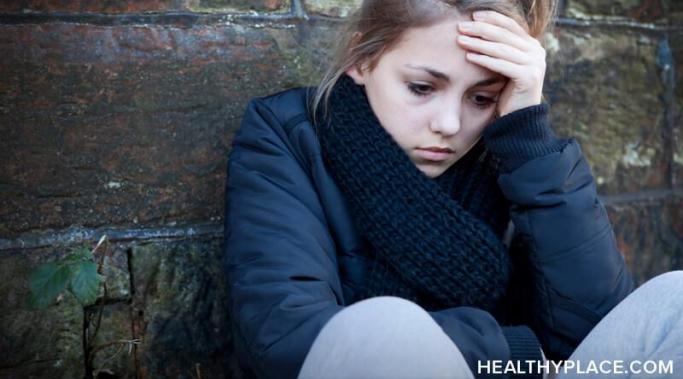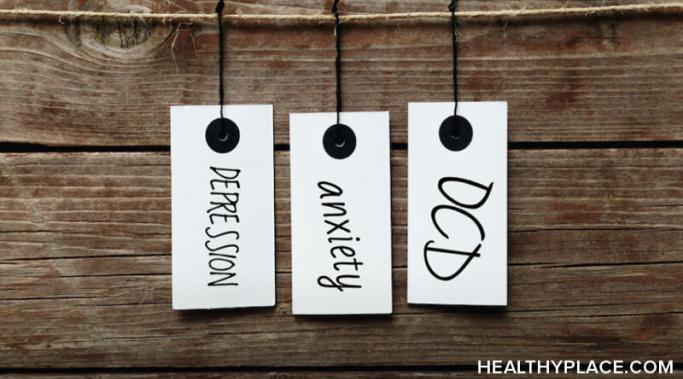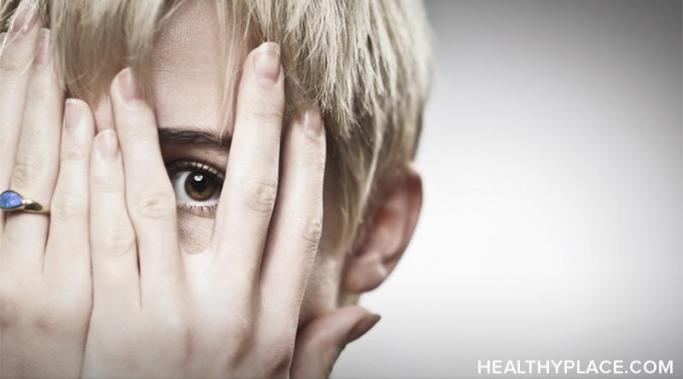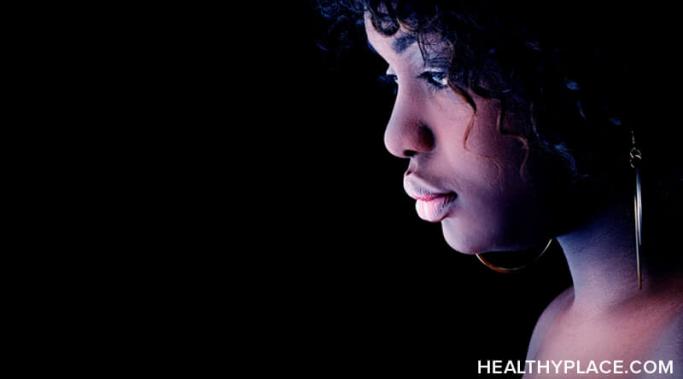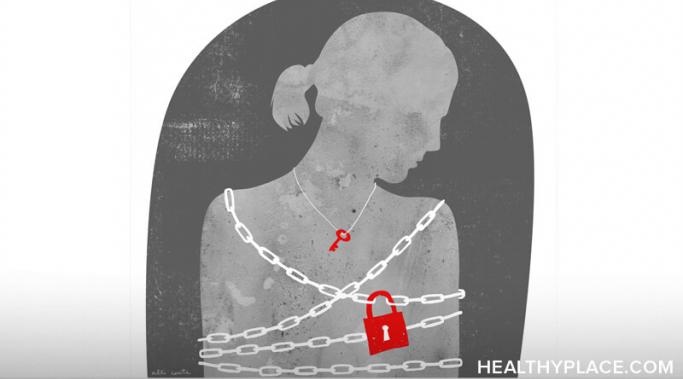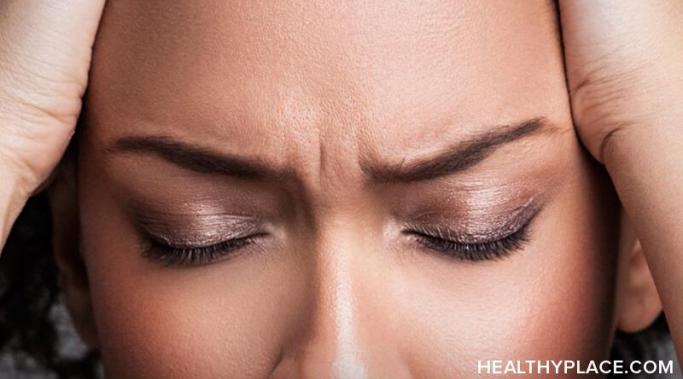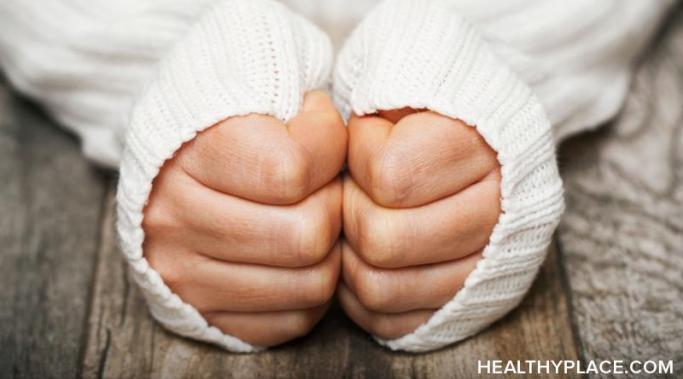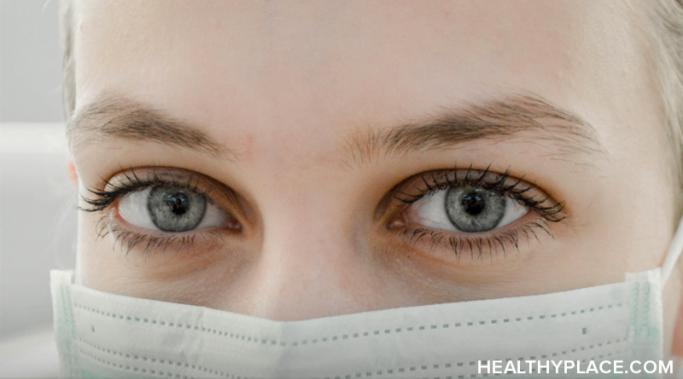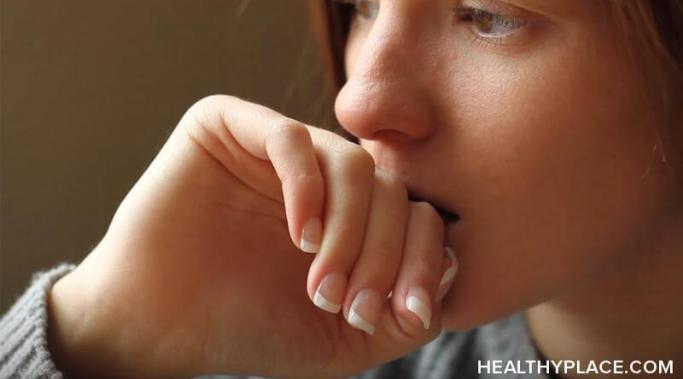Among tinsel and twinkling lights and cheer, it’s not something people want to hear, but it’s true: the holidays negatively impact my mental health. Whereas others find cheer in the music and gift-wrapping, I find discomfort, anxiety, and darkness. The even more difficult thing is there’s really no safe, stigma-free space to talk about it.
Stigma and Society's Perception of Mental Illness
Memes are pretty much a staple of the Internet. I’m sure even those who carefully curate their social media feeds have memes scattered about in posts from those they follow. As funny and relatable as they can be, what role do they have in stigmatizing mental health?
Canada has a new government position: Minister of Mental Health and Addictions. It's raising many conversations and many questions. However, the question I’m most interested in is what can the government, through this minister, do to stop, or at least address, mental health stigma? Can it do anything?
I wear two rings that I fidget with. One is a spinner ring designed for fidgetting; the other is a ring that's actually three interlocking rings which just happens to be good for fidgeting. I've always enjoyed wearing rings, even to the point that, in high school and early university, I wore rings on nearly every finger. Back then, it was more aesthetic-driven, but I've realized that wearing rings I can fidget with helps my anxiety.
Arguably one of the most common forms of mental health stigma is the fact that mental toughness is valued over mental wellness. Think of all the times we're told to get over mental health struggles or toughen up to get through them. This pervasive stigma doesn't necessarily deny mental struggles; it just says we need to be tougher when it comes to the challenges brought on by them.
Britney Spears' conservatorship has been a hot topic since she was able to say her piece in court on June 23. It's caused fans to rally behind her, supporting her as she struggles with being under other peoples' control for more than a decade and the impact that's had on her mental wellbeing. Perhaps ironically, it was a mental health crisis that kicked off the conservatorship, to begin with. I can't help but wonder, what has been mental health stigma's role in keeping that conservatorship in place?
Recent events in tennis have highlighted mental health stigma in sports and mental health struggles in sports in general. I'll be honest; I don't follow sports—neither the actual games/matches/events nor the athletes—but the controversy with tennis player Naomi Osaka bowing out of the French Open due to backlash over her mental health self-care decision caught my attention.
As someone with skin picking disorder, summer was always a time of dread. It was as if the warm weather grew stigma the same way it could grow plants. Guidance during those days of my life would have been great for handling fear and shame, and a short summer guide to surviving skin picking disorder stigma is exactly what I'd like to offer now.
The global pandemic has altered many aspects of our day-to-day lives, but what is its impact on mental health stigma? From what I've seen of discussions and news reports and so forth, more and more folks are experiencing mental health struggles during this change in lifestyle and time of uncertainty. I wonder, though, what impact that might have on how mental health is treated by society.
Does mental health stigma make you feel like an imposter? I've been thinking about this question because the more I look at mental health stigma, the more I can see it entangled in certain aspects of the mental health conversation I didn't expect. Let's take a look at imposter syndrome and mental health stigma.
